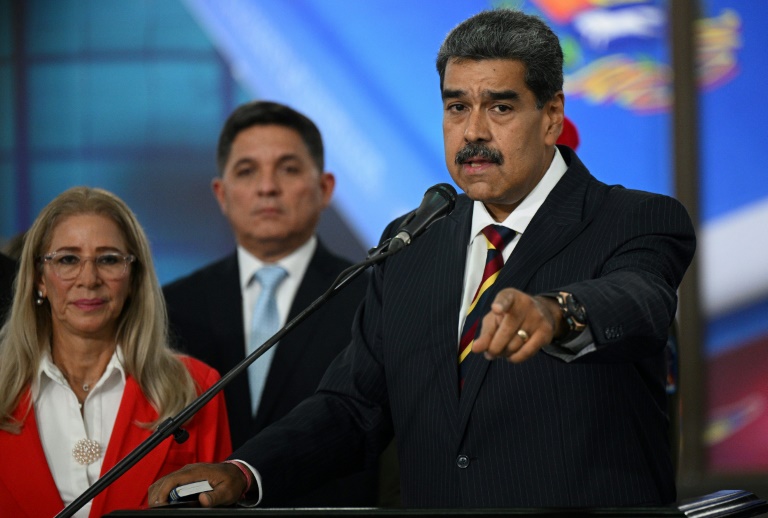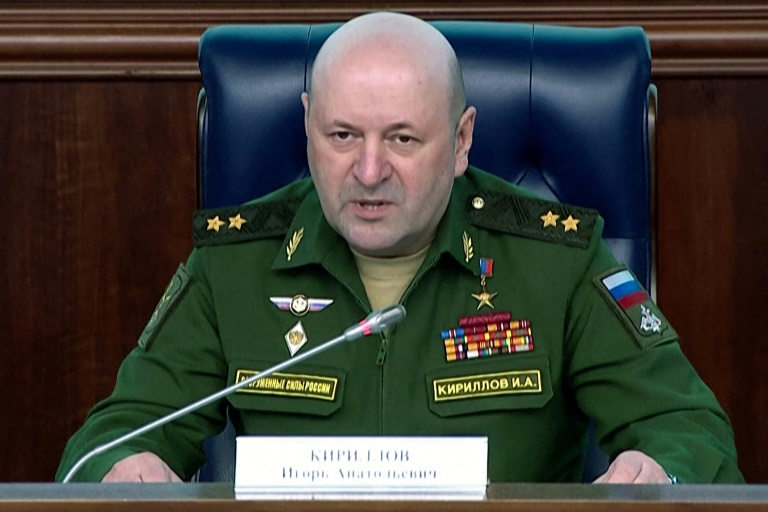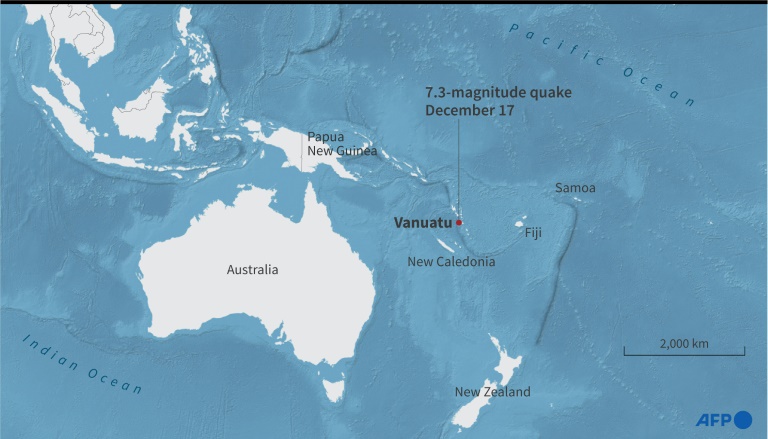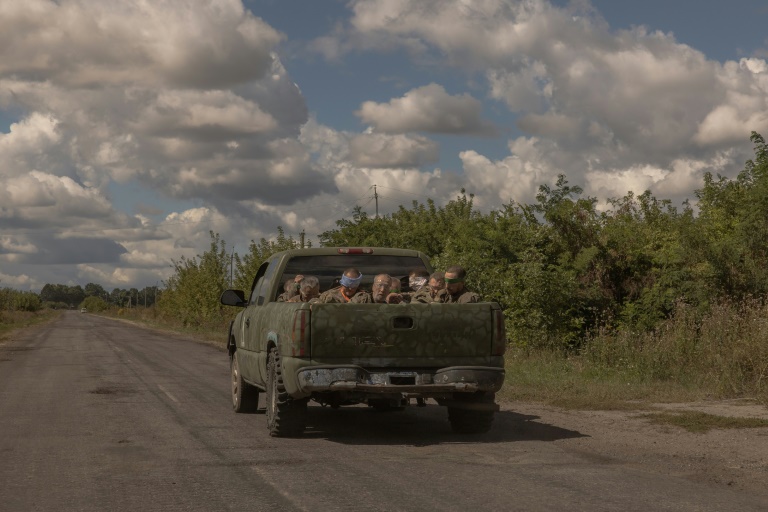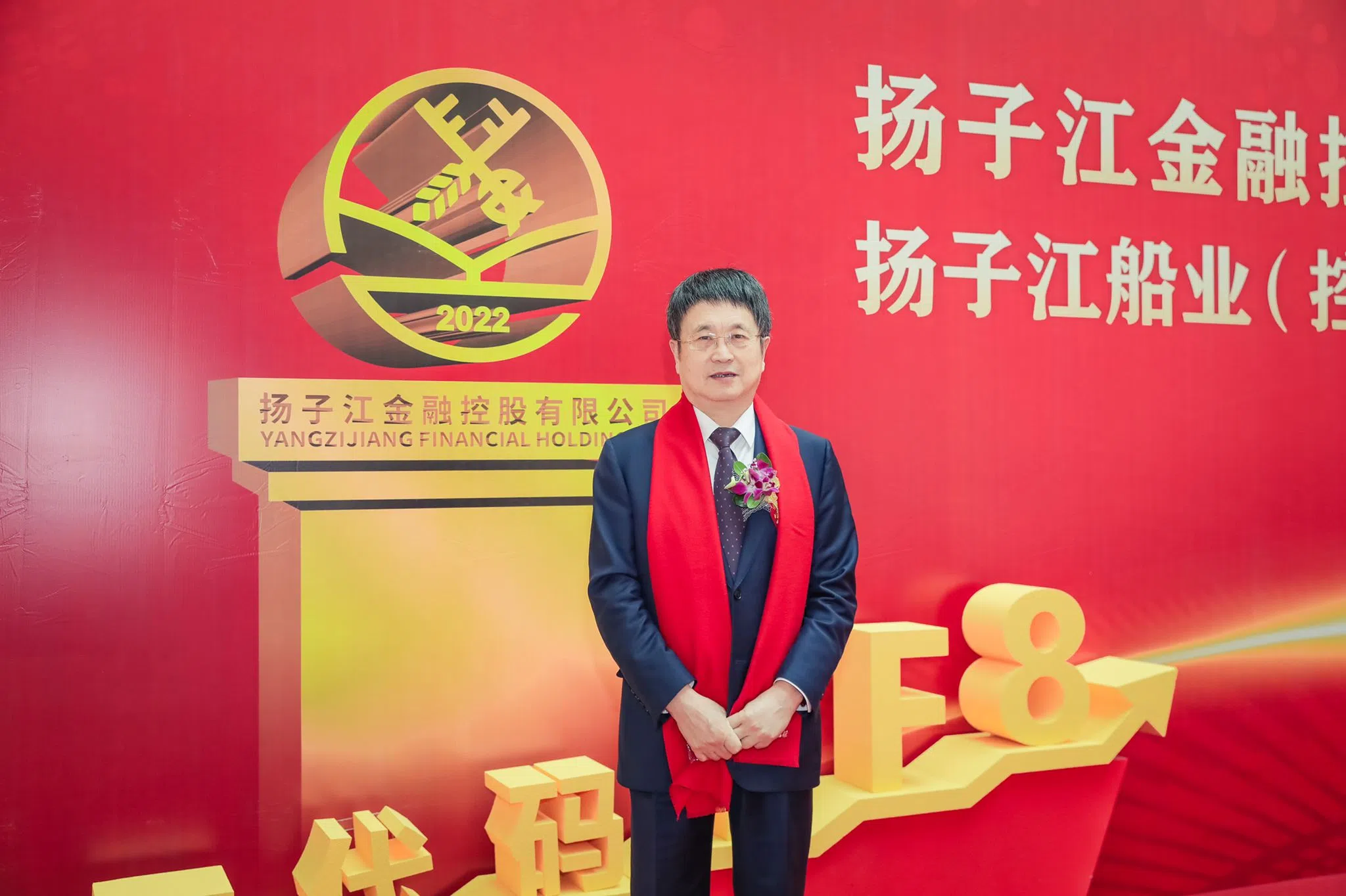The UN voiced concern Tuesday over what it said was a climate of fear in Venezuela, as the country’s parliament considered laws that critics say will be used to crack down on NGOs and political opponents of strongman leader Nicolas Maduro.
Maduro was declared by authorities to have won reelection for a third presidential term last month in a vote whose contested results have pushed the country into political crisis. Dozens have been killed and thousands arrested amid demonstrations.
United Nations human rights chief Volker Turk said he was troubled by the use of counterterrorism legislation to enforce arbitrary detentions.
“Criminal law must never be used to limit unduly the rights to freedom of expression, peaceful assembly and association,” Turk said in a statement.
His spokeswoman Ravina Shamdasani said human rights and democracy were impossible to protect in “a climate of fear.”
The parliament was set Tuesday to consider a new law increasing regulations on non-governmental organizations, specifically around registration and financial disclosures — backed by fines of up to $10,000.
The move comes after Maduro ally and president of the National Assembly, Jorge Rodriguez, called NGOs a “facade for the financing of terrorist actions.”
Other priorities on the parliament’s radar include further regulating social media and strengthening hate crime laws — often used to target political opponents.
Maduro earlier banned the social media site X for 10 days following the election, after CEO Elon Musk said the president had engaged in “major election fraud.”
The National Assembly’s moves come after Maduro called Monday for the state to use an “iron fist” after protests over his reelection claim, which has been broadly rejected across the Americas and Europe.
As the official protest death toll rose to 25, Maduro urged “severe justice” for violence he blames on the opposition, which insists its candidate Edmundo Gonzalez Urrutia won the July 28 vote by a landslide.
The National Electoral Council (CNE) declared Maduro the victor within hours of polls closing, giving him 52 percent of ballots cast.
It did not provide a detailed breakdown of the ballots.
The opposition says its own tally of polling-station-level results showed Gonzalez Urrutia, a 74-year-old retired diplomat, had won more than two-thirds of votes.
Both Gonzalez Urrutia and opposition leader Maria Corina Machada, who was barred from running by Maduro-friendly state institutions, are in hiding.
The UN human rights office said that according to official statements, more than 2,400 people have been arrested since July 29.
“I call for the immediate release of everyone who has been arbitrarily detained, and for fair trial guarantees for all detainees,” said Turk.
“The disproportionate use of force by law enforcement officials and the attacks on demonstrators by armed individuals supporting the government, some resulting in deaths, must not be repeated.”
Since coming to power in 2013, Maduro has overseen a national collapse, including an 80 percent drop in the once-wealthy oil-rich country’s GDP, amid domestic economic mismanagement and international sanctions.
According to the United Nations, more than seven million Venezuelans have fled the country of 30 million since 2013, mostly to other Latin American countries and the United States.

